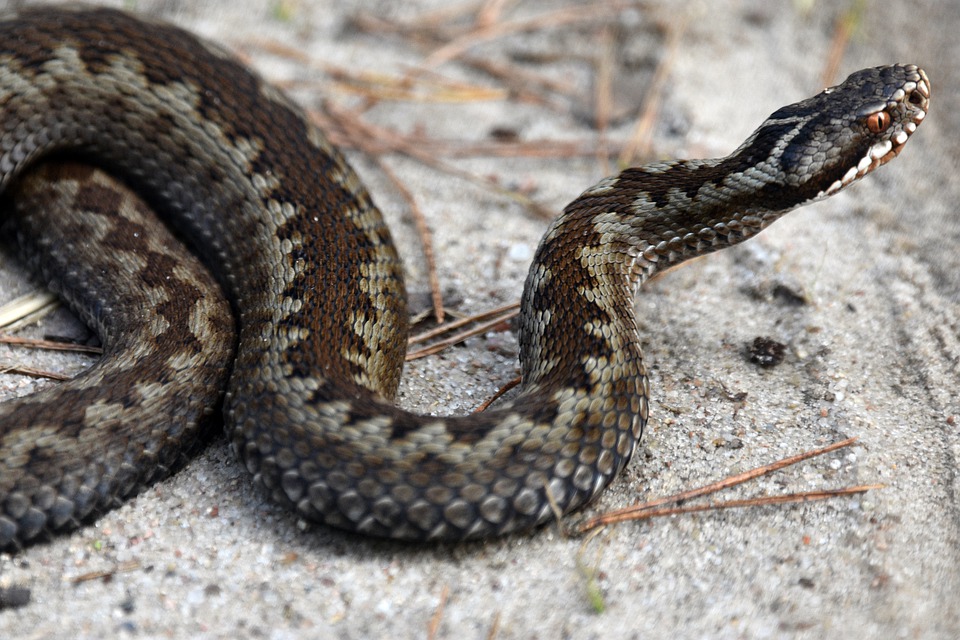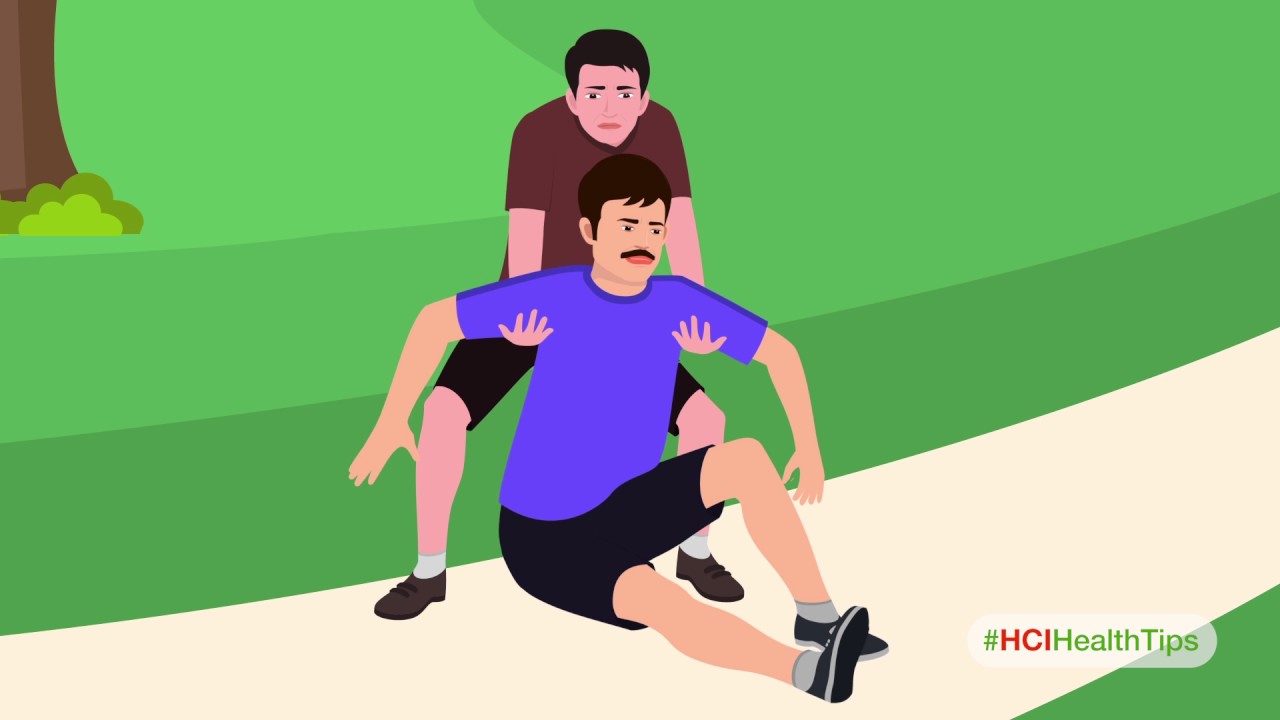What To Do If A Snake Bites You While Traveling?
Snake bites should never be taken lightly. If you've been bitten by a snake while traveling, get quick medical assistance since it might be a matter of life and death.
Author:Velma BattleReviewer:Michael RachalOct 10, 20223 Shares179 Views

What to do if a snake bites you while traveling? Snake bites should never be taken lightly. Though some are dry bites, which are less harmful and will most likely cause swelling, others are poisonous bites, which may end in death if not treated swiftly and adequately. If you've been bitten by a snake while traveling, get quick medical assistance since it might be a matter of life and death.
The majority of snakes are not deadly to people. Only around 15% of snakes globally and 20% in the United States are poisonous. These include the rattlesnake, coral snake, water moccasin, and copperhead in North America. Their bites may result in severe damage and, in extreme cases, death.
What Are Snake Bites?
Snakes bite for two reasons: to get prey or to defend themselves. However, since there are so many varieties of snakes, both venomous and non-venomous, not every snake bite is the same.
Various animals carry different forms of venom. The key categories are as follows:
- Cytotoxins: These toxins cause swelling and tissue damage wherever you've been bitten.
- Disrupt the blood vessels with hemorrhages.
- anti-clotting agents: These medications keep the blood from clotting.
- Neurotoxinsare substances that cause paralysis or harm the nervous system.
- Myotoxinsdegrade muscles.
What Are The Symptoms Of A Snake Bite?
Swelling might appear within 15 minutes and reach a peak in 2-3 days. It may last up to three weeks. Swelling develops quickly from the bite site and may encompass the whole limb and neighboring trunk. There may be other signs or symptoms and the type of snake that bites you. These could be:
- Puncture marks at the site of the wound
- Around the bite, there may be redness, swelling, bruising, bleeding, or blistering.
- There is extreme pain and soreness at the biting site.
- Vomiting, nausea, or diarrhea.
- Breathing is challenging (in severe cases, breathing may stop altogether).
- Rapid heart rate, sluggish pulse, and low blood pressure are all symptoms of hypertension.
- Vision impairment
- There is a metallic, mint, or rubber flavor in the mouth.
- Slightly increased salivation and perspiration.
- Numbness or tingling in the face or limbs
- Twitching of the muscles
How Do You Treat A Snake Bite Yourself?
While you are waiting for medical assistance, take the following steps:
- Move out of the snake's striking range.
- Stay calm and quiet to help delay the spread of venom.
- Remove any jewelry and clothes that are too tight before you begin to swell.
- If possible, position yourself such that the bite is at or below the level of your heart.
- Soap and water should be used to clean the wound. Cover it with a dry, clean dressing.
First Aid For Snake Bite

First Aid for Snake Bite
- Seek medical help as soon as possible.
- Antivenom is used to treat severe snake envenomation. The sooner antivenom is administered, the sooner irreparable venom damage may be avoided.
- Driving oneself to the hospital is not recommended since people who a snake has bitten might get dizzy or pass out.
- If possible, photograph the snake from a safe distance. Identifying the snake might aid in snakebite treatment.
- Maintain your calm.
- Lay or sit down with your teeth in a comfortable neutral posture.
- Remove any jewelry and watches before the swelling begins.
- Soap and water should be used to clean the bite.
- Apply a clean, dry dressing to the bite.
- Make a mark on the skin at the leading edge of the tenderness/swelling and write the time next to it.
Do Not Perform Any Of The Following Activities
- Please do not pick up the snake or attempt to catch it. Never touch a poisonous snake, even if it is dead or decapitated.
- If you've been bitten, don't wait for symptoms to manifest; get medical attention immediately.
- Don't use a tourniquet.
- Do not use a knife to slit the wound or harm it.
- Do not attempt to suck the poison.
- Do not apply ice to the wound or submerge it in water.
- Do not use alcohol as a pain reliever.
- Take no pain relievers (such as aspirin, ibuprofen, or naproxen).
- An electric shock or folk remedies should not be used.
Prevention Of Snake Bite
Snakebites may be avoided by adopting the following precautions:
- Avoid areas where snakes may be found. Tallgrass or bushes, rocky regions, fallen logs, bluffs, swamps, marshes, and deep holes in the earth are examples of these habitats.
- To frighten away snakes when walking through thick grass or weeds, a jab at the ground in front of you with a long stick.
- When you're outside, be mindful of where you tread and sit.
- Wear long, slouchy trousers and heavy leather or rubber boots.
- When stepping outdoors at night, use a flashlight to illuminate your way.
- Never touch a snake, even if it seems to be dead. Snakes that have just died may still bite as a reflex.
How To Get Venom Out Of A Snake Bite?
The suction of the wound by mouth or specialized suction equipment, incision or excision of the bite site, irrigation of the bite wound, or the use of "snake stones," which are said to absorb the poison from the wound, are some of the treatments that are intended to remove the venom from the bite wound. If you sip the venom, you risk acquiring poison in your mouth. Do not take aspirin, ibuprofen, or any other blood-thinning medications.
Conclusion
To summarize, the ideal snakebite is one that does not occur—a little vigilance may go a long way toward avoiding them. Even though not all snakebites are poisonous, it is essential to get medical help as soon as possible.

Velma Battle
Author
Travelling Expert

Michael Rachal
Reviewer
Travelling Expert
Latest Articles
Popular Articles